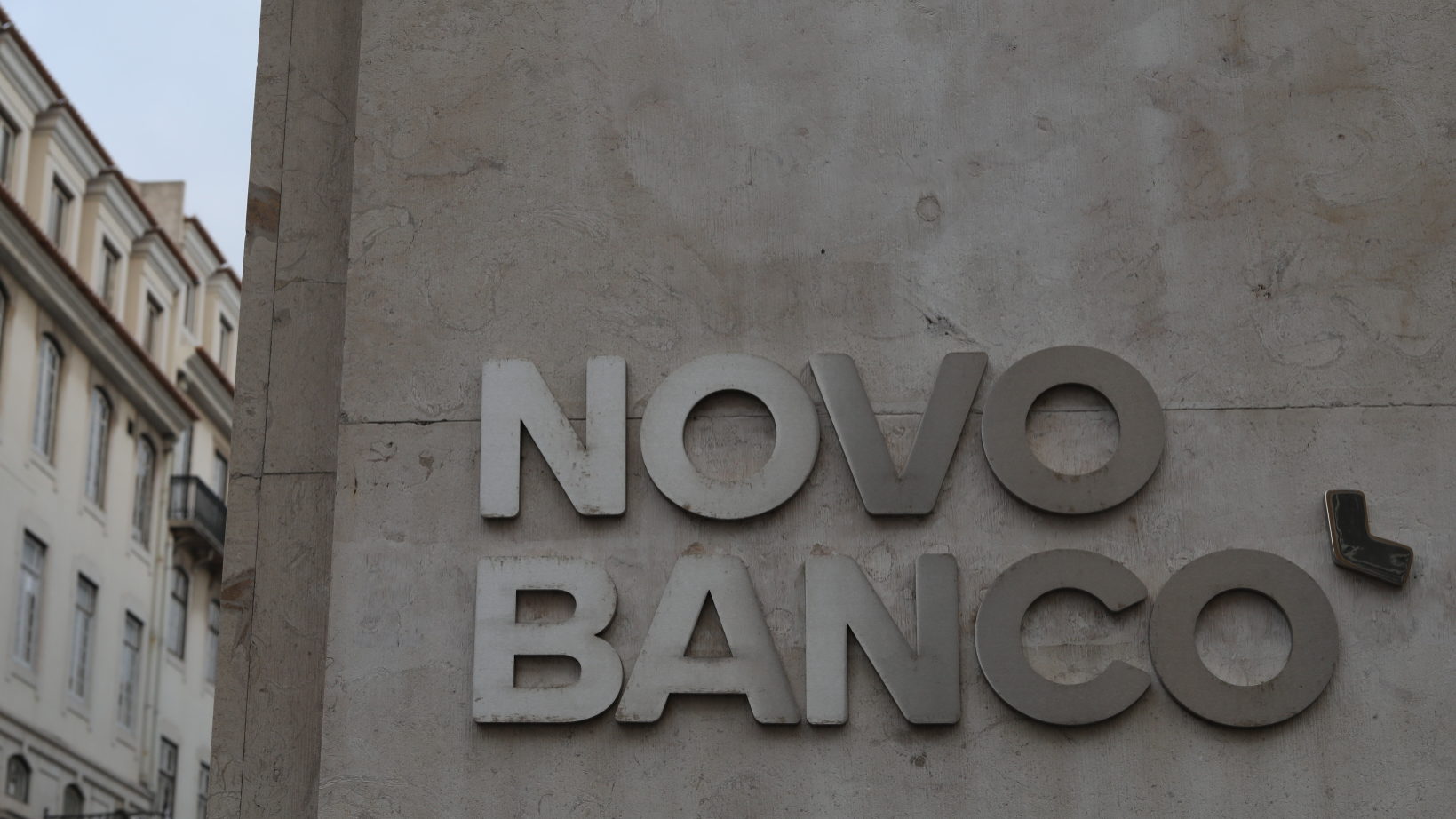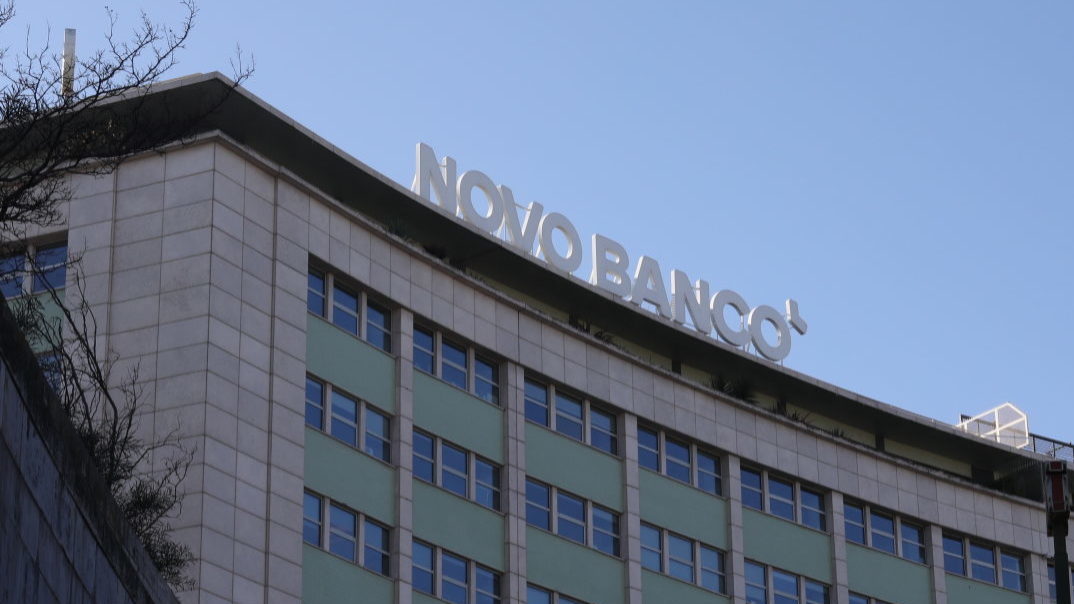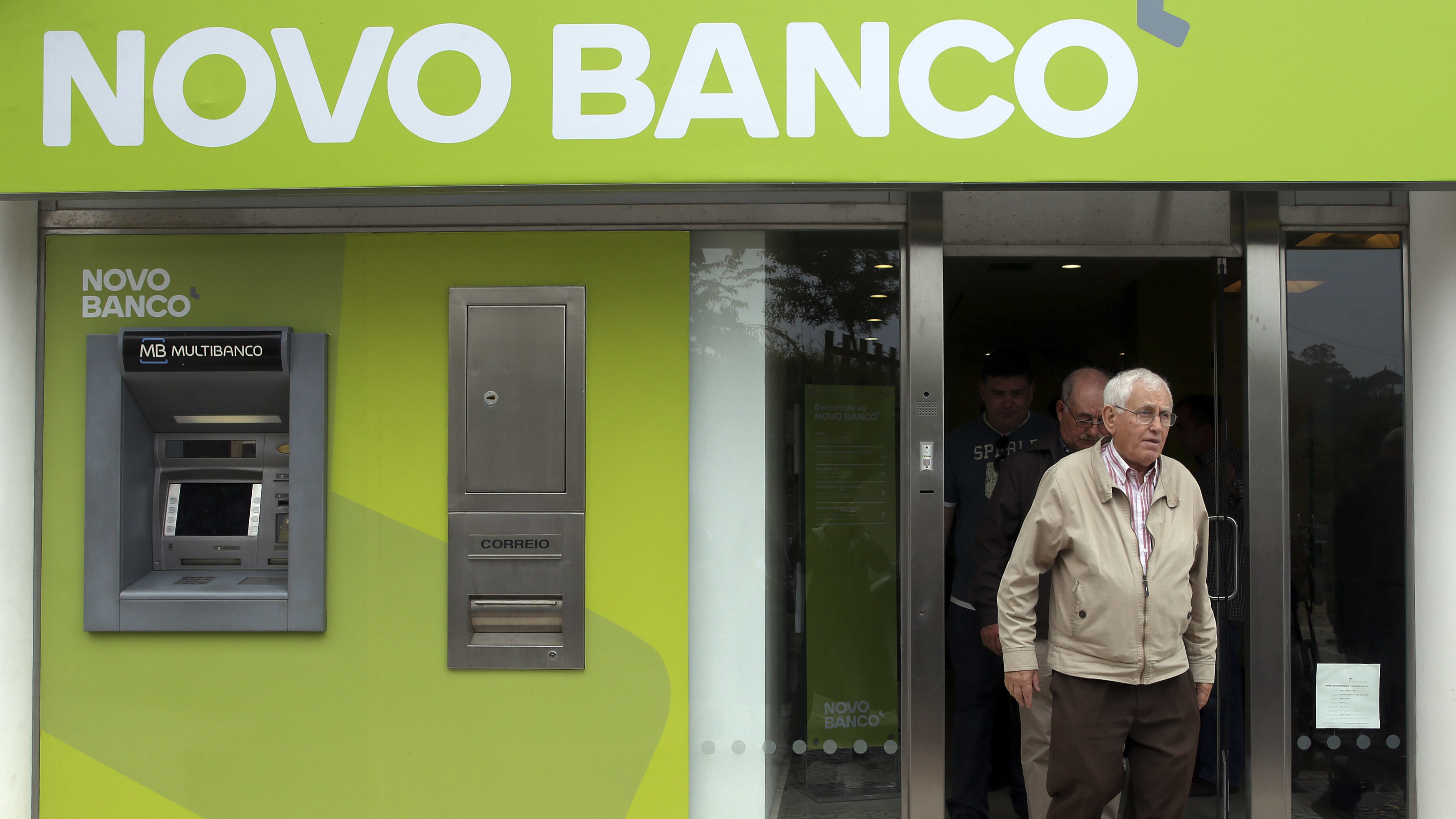The sale of Novo Banco is only dependent on Brussels
Everything's set between the Government, the Bank of Portugal and Lone Star. All that's left is for DGComp to give the green light to NB's sale operation that will maintain the State in its capital.
The Government, the Bank of Portugal and the North-American fund Lone Star are all set as for the terms of Novo Banco‘s sale, meaning all that’s left is for the European authorities, namely the European Central Bank (ECB) and the Directorate General for Competition, to give the green light to the operation which will allow the Portuguese State to continue being a minority shareholder in the institution.
According to Portuguese newspaper Público, March 17th is perceived as the most likely date for the alienation agreement of the transition bank to be sealed. But before that, those responsible for the operation are trying to convince the European institutions to agree with a public presence in Novo Banco‘s share capital and to authorize that the State, a public vehicle (possibly Parpública) or the Resolution Fund, to hold 25% of the bank.
Maintaining the State in the bank’s share capital — sharing the risk between private and public capital –, was an idea that emerged after the Government refused to give state guarantees to eventual losses in the “side bank”, since it would negatively influence the deficit. The solution found was that the majority of the capital would belong to Lone Star in order for Novo Banco to stop being a “transition bank” — the key point in the negotiations between Portugal and European institutions.
Brussels believes that the sale must be 100% carried out in order for Novo Banco to lose the “transition bank” statute. In Portugal, the belief is that having privates hold the majority of shares means the “good bank” resultant from the resolution measure to BES in 2014 will lose the statute.
A solution for Novo Banco must be found by August; otherwise, the bank will have to be extinguished.



